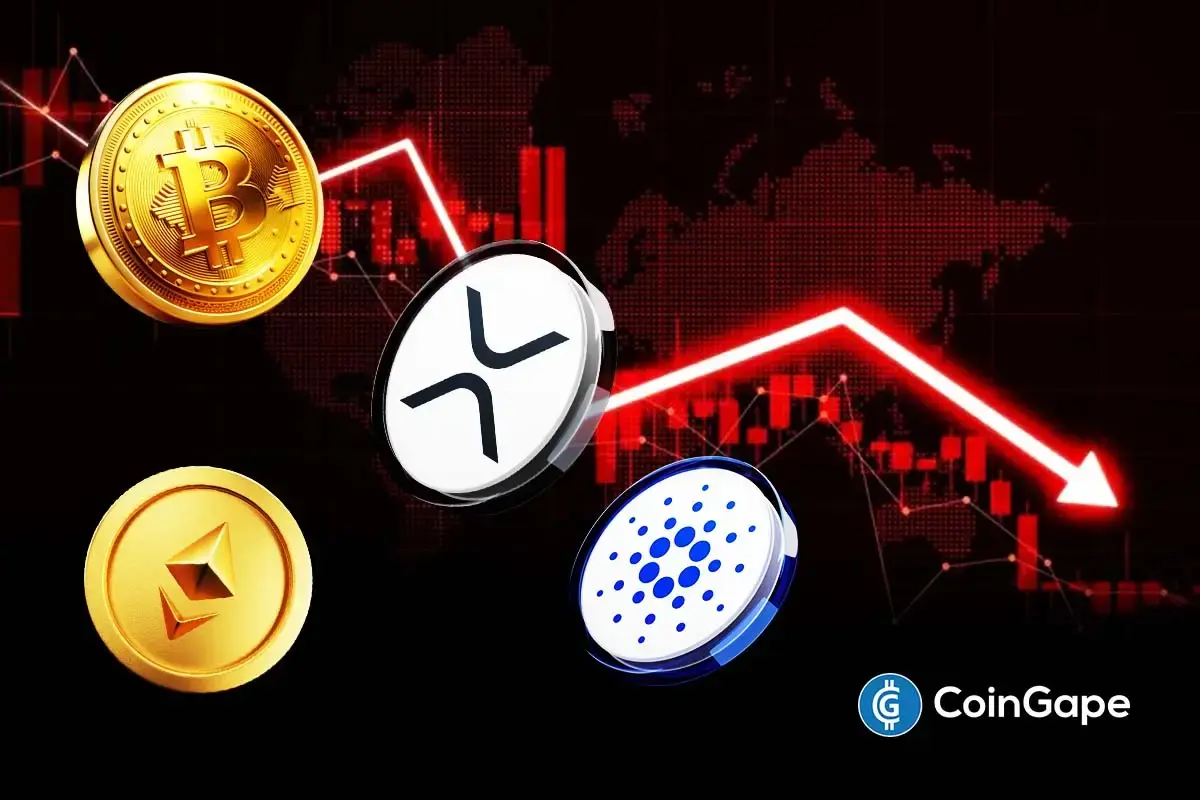Bukele’s Bitcoin Strategy Secures Electoral Advantage in El Salvador

In El Salvador, President Nayib Bukele’s bold political and economic strategies, including the unprecedented move to make Bitcoin legal tender, have positioned him for a sweeping victory in the upcoming presidential election.
Bukele faced accusations of constitutional violations and overseeing a dictatorial government. However, reports indicate he is on track to win re-election by an overwhelming 82% majority.
The New York Times highlights the controversial aspects of Bukele’s presidency, detailing the extensive military presence on the streets and the indefinite suspension of key civil rights. Yet, the electorate seems poised to extend his term, undeterred by these concerns.
Markets positive on IMF discussions
Financial markets have responded positively to Bukele’s administration, particularly following his recent reassurances to investors about El Salvador’s economic direction. Bloomberg reports a significant rally in El Salvador’s bonds, sparked by Bukele’s commitment to fulfilling obligations to bondholders and his efforts to negotiate a deal with the International Monetary Fund (IMF). These moves have led to a notable recovery in the country’s sovereign debt, with bonds maturing in 2052 experiencing a 5.7% increase.
Bukele’s financial strategies have also reportedly led to credit rating upgrades from S&P Global Ratings and Fitch Ratings, despite El Salvador’s continued classification in the “junk” category.
Bloomberg underlines that his administration has executed bond buybacks, a pension debt exchange, and refinancing efforts, which have collectively improved El Salvador’s market standing, and in turn, Bukele’s.
Bukele has majority in El Salvador
As Bukele is set to enter his second term, his vice president recently confirmed to papers that Bitcoin will maintain its status as legal tender.
The policy continues to draw international attention and criticism, including from the IMF. As per Reuters, the IMF has suggested the cryptocurrency’s removal as legal tender in financial support discussions.
Yet, adoption among Salvadorans remains low. University of Central America survey indicated that 88% of the population did not use Bitcoin in 2023. In addition, only 1% of remittances were with BTC.
But Bukele’s tenure is a testament to his ability to navigate both the complexities of international finance and the demands of domestic governance, securing both a strong electoral mandate and a cautiously optimistic outlook from the global financial community.
- XRP Sees Largest Realized Loss Since 2022, History Points to Bullish Price Run: Report
- US Strike on Iran Possible Within Hours: Crypto Market on High Alert
- MetaSpace Will Take Its Top Web3 Gamers to Free Dubai Trip
- XRP Seller Susquehanna Confirms Long-Term Commitment to Bitcoin ETF and GBTC
- Vitalik Buterin Offloads $3.67M in ETH Amid Ethereum Price Decline
- Top 4 Reasons Why Bitcoin Price Will Crash to $60k This Week
- COIN Stock Price Prediction: Will Coinbase Crash or Rally in Feb 2026?
- Shiba Inu Price Feb 2026: Will SHIB Rise Soon?
- Pi Network Price Prediction: How High Can Pi Coin Go?
- Dogecoin Price Prediction Feb 2026: Will DOGE Break $0.20 This month?
- XRP Price Prediction As SBI Introduces Tokenized Bonds With Crypto Rewards

















